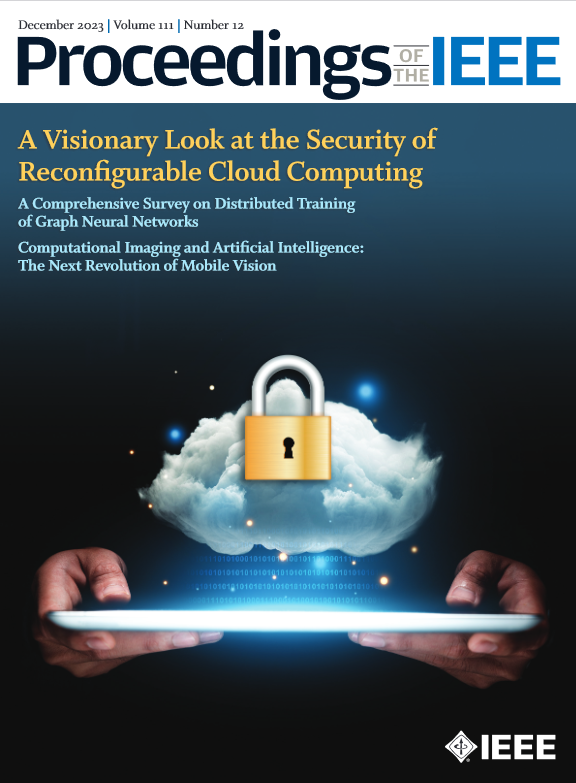同时发射和反射表面,实现 6G 及以后无所不在的下一代多重接入
IF 23.2
1区 计算机科学
Q1 ENGINEERING, ELECTRICAL & ELECTRONIC
引用次数: 0
摘要
下一代多址接入(NGMA)的最终目标是支持海量终端,并通过无线网络有限的无线电资源以最高效的方式实现多种功能。然而,无线射频环境的随机性和不可控性是实现 NGMA 愿景的主要障碍。鉴于实现 360{deg} 智能无线电环境的突出特点,同时发射和反射表面(STARS)正在成为 NGMA 可重构智能表面系列中的一项关键使能技术。本文全面概述了 STARS 的最新研究进展,重点介绍了 STARS 的基本原理、性能分析和全空间波束成形设计,以及 STARS 在 NGMA 中的应用前景。具体而言,我们首先介绍了 STARS 的基本原理,详细阐述了 STARS 的基本原理和操作协议,并讨论了 STARS 的不同类别和原型。此外,我们还从不同目标和不同数学方法的角度,系统地调查了现有的 STARS 辅助无线通信性能分析和波束成形设计。鉴于 STARS 的优越性,我们进一步讨论了 STARS 的高级应用,以及 STARS 与其他新兴技术之间极具吸引力的相互作用,以推动未来实现高效 NGMA 的工作。本文章由计算机程序翻译,如有差异,请以英文原文为准。
Simultaneously Transmitting and Reflecting Surfaces for Ubiquitous Next-Generation Multiple Access in 6G and Beyond
The ultimate goal of next generation multiple access (NGMA) is to support massive terminals and facilitate multiple functionalities over the limited radio resources of wireless networks in the most efficient manner possible. However, the random and uncontrollable wireless radio environment is a major obstacle to realizing this NGMA vision. Given the prominent feature of achieving a 360° smart radio environment, simultaneously transmitting and reflecting surfaces (STARS) are emerging as one key enabling technology among the family of reconfigurable intelligent surfaces for NGMA. This article provides a comprehensive overview of the recent research progress of STARS, focusing on fundamentals, performance analysis, and full-space beamforming design, as well as promising employments of STARS in NGMA. In particular, we first introduce the basics of STARS by elaborating on the foundational principles and operating protocols as well as discussing different STARS categories and prototypes. Moreover, we systematically survey the existing performance analysis and beamforming design for STARS-aided wireless communications in terms of diverse objectives and different mathematical approaches. Given the superiority of STARS, we further discuss advanced STARS applications as well as the attractive interplay between STARS and other emerging techniques to motivate future works for realizing efficient NGMA.
求助全文
通过发布文献求助,成功后即可免费获取论文全文。
去求助
来源期刊

Proceedings of the IEEE
工程技术-工程:电子与电气
CiteScore
46.40
自引率
1.00%
发文量
160
审稿时长
3-8 weeks
期刊介绍:
Proceedings of the IEEE is the leading journal to provide in-depth review, survey, and tutorial coverage of the technical developments in electronics, electrical and computer engineering, and computer science. Consistently ranked as one of the top journals by Impact Factor, Article Influence Score and more, the journal serves as a trusted resource for engineers around the world.
 求助内容:
求助内容: 应助结果提醒方式:
应助结果提醒方式:


